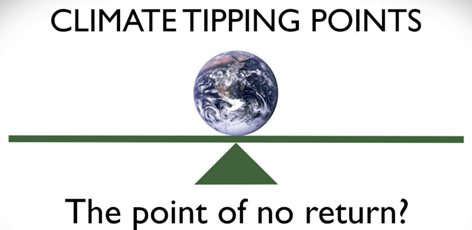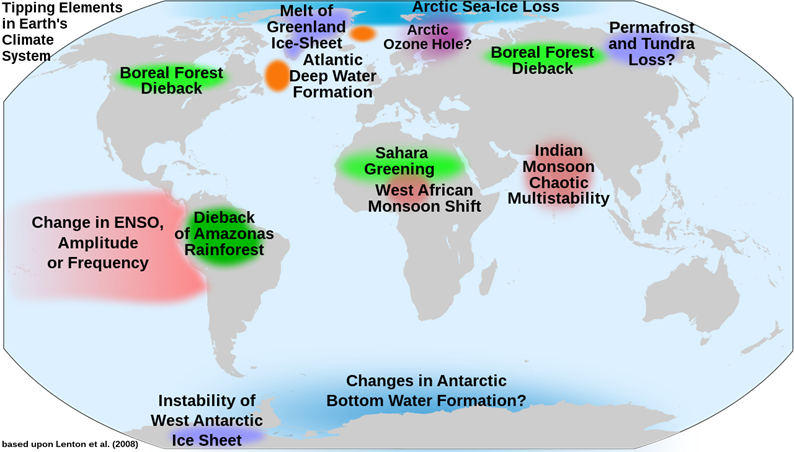Free Courses Sale ends Soon, Get It Now


Free Courses Sale ends Soon, Get It Now



Disclaimer: Copyright infringement not intended.
Context
Findings
Tipping Point

Have we passed any tipping points?
Final Thought
https://indianexpress.com/article/explained/explained-climate/tipping-points-of-global-warming-8216990/
© 2024 iasgyan. All right reserved